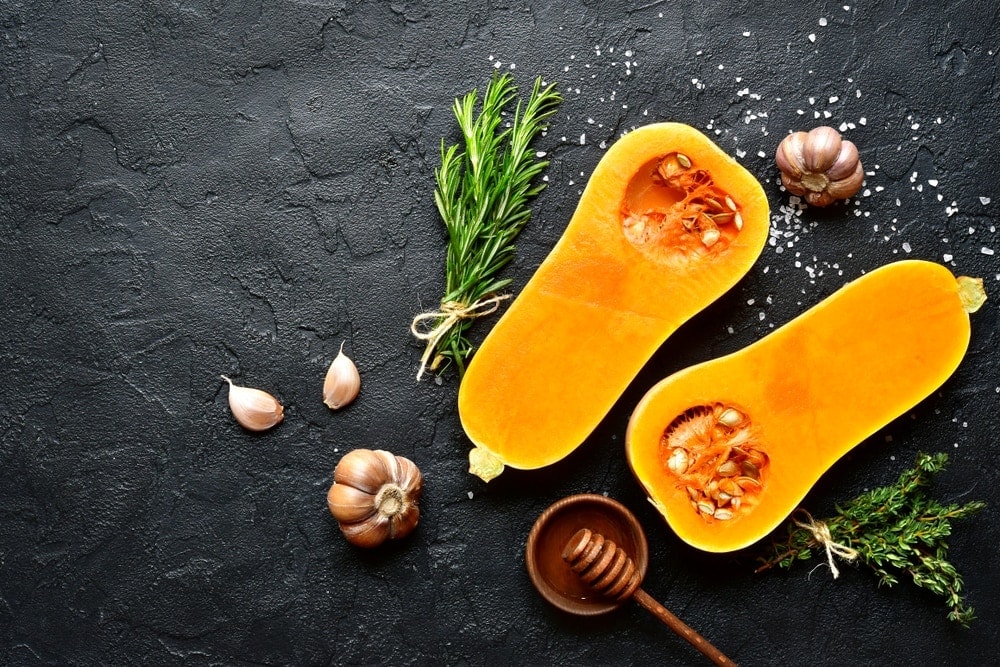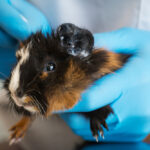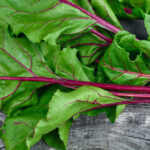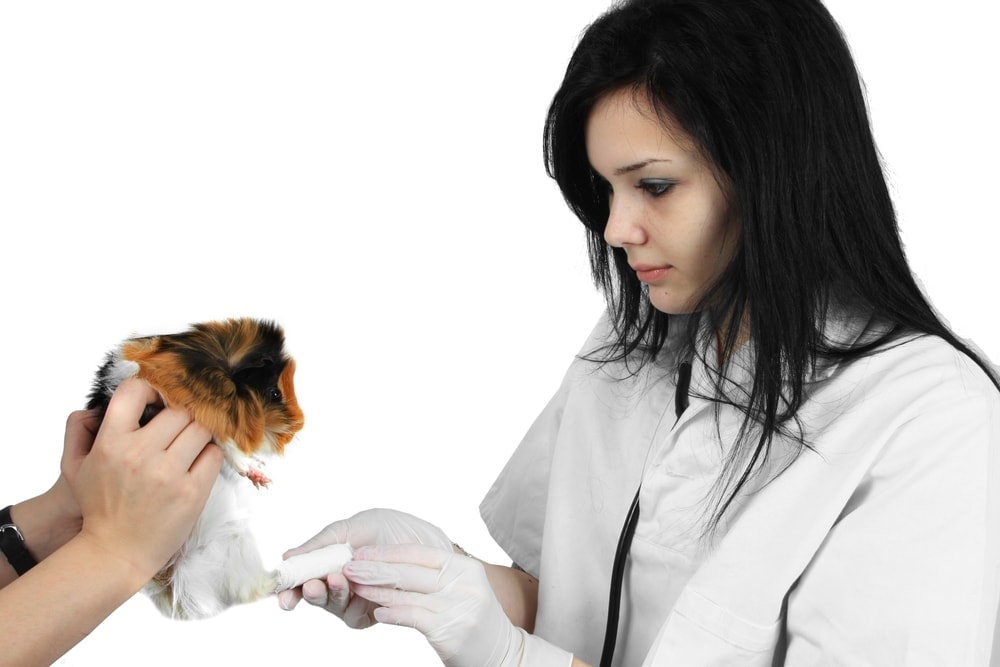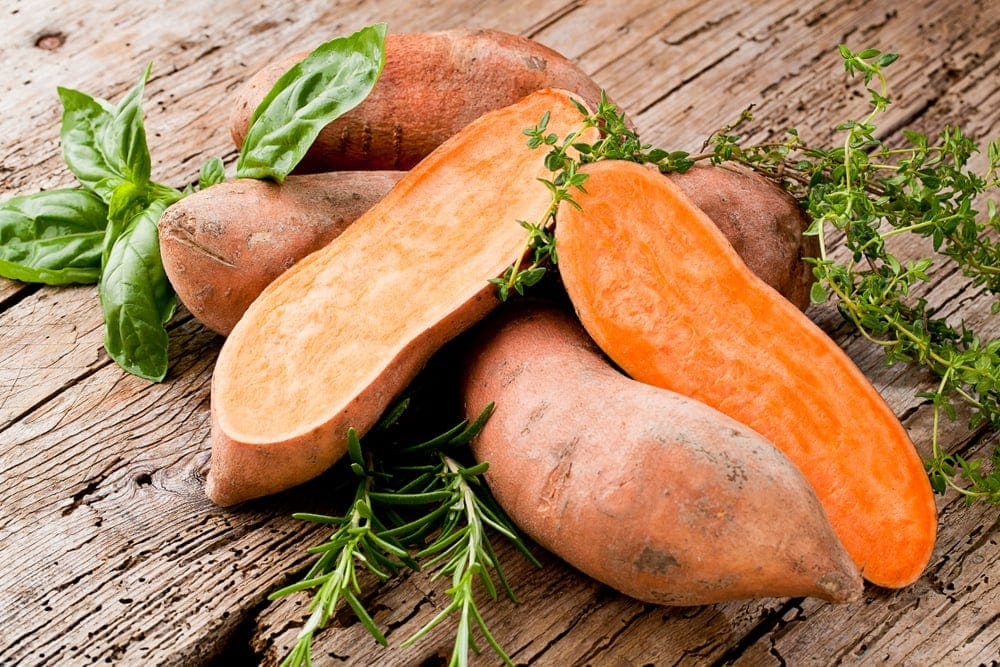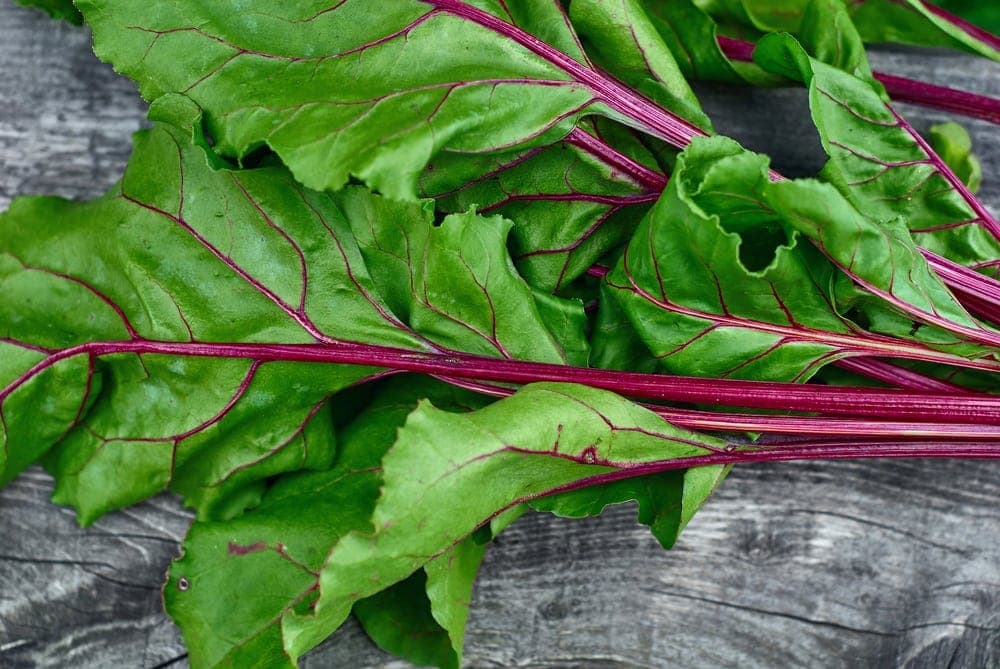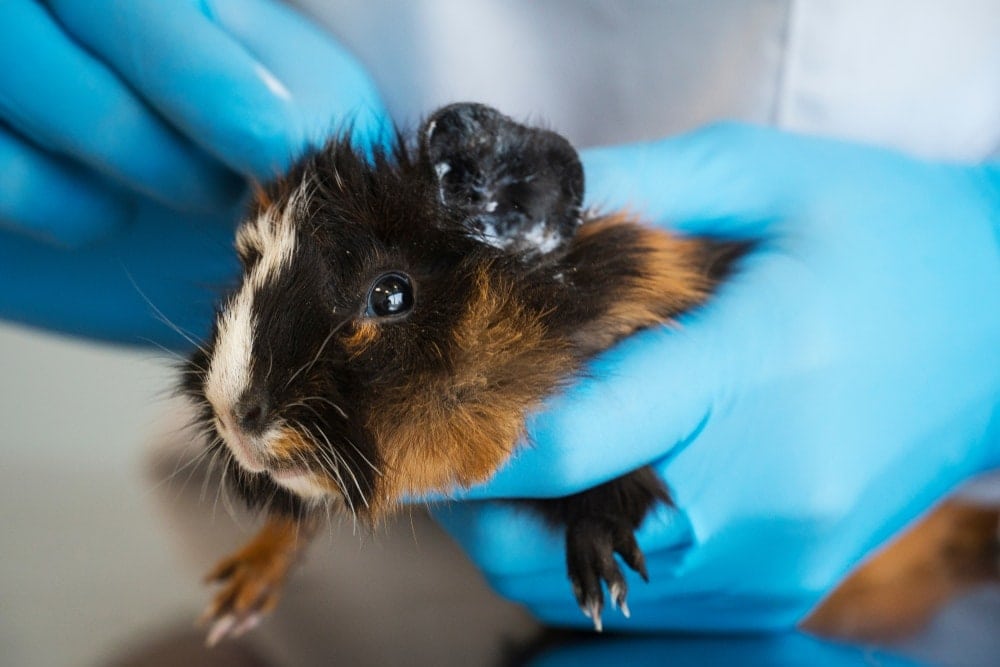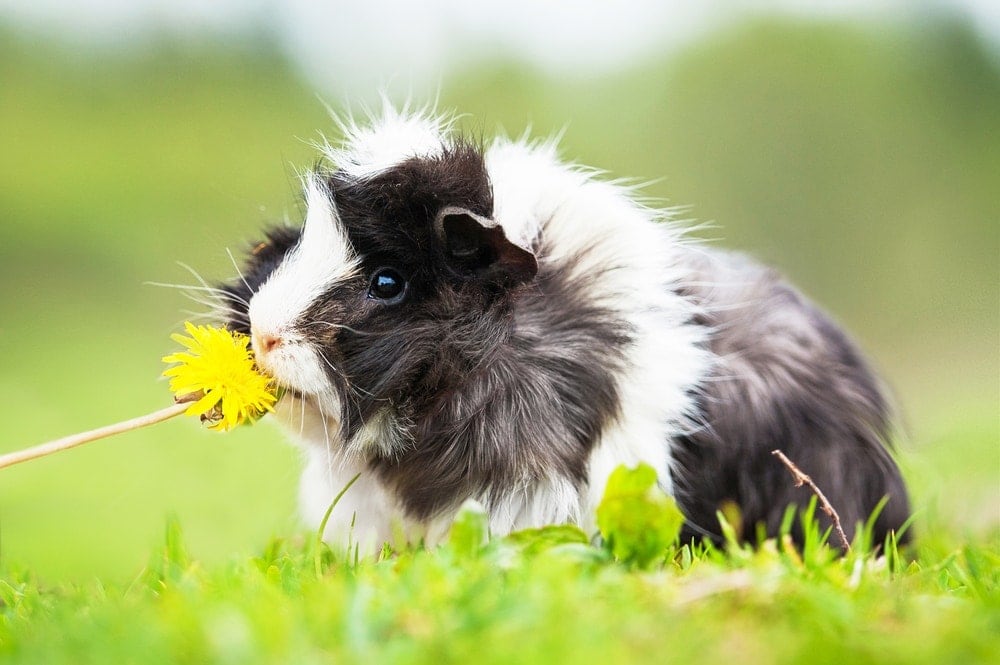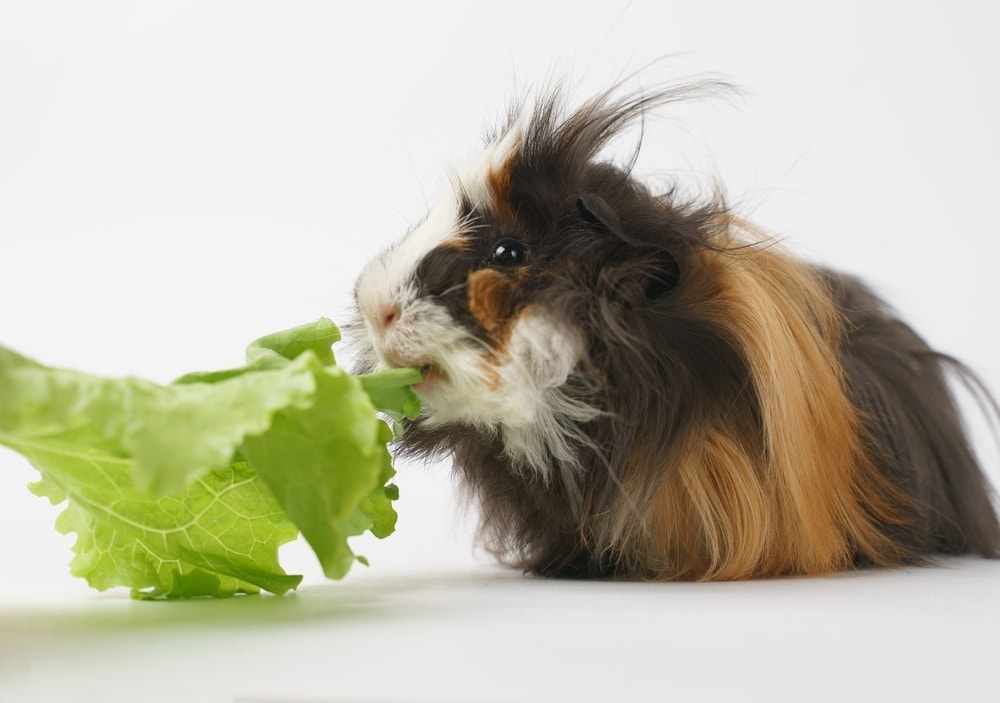Your guinea pig needs to eat vegetables to supplement the vitamins and minerals they need but is butternut squash a vegetable they can eat.
Guinea pigs are vegetarians but that does not mean that they can eat all vegetables.
What is Butternut Squash?
It is a winter squash, which means it is usually found around Thanksgiving. It is a little like a pumpkin in texture and taste. Although people refer to it as a vegetable, it is a fruit. It has a sweet nutty taste. The riper the butternut squash is, the sweeter it will taste.
It grows on a plant close to the ground with a bulbous bottom half and an elongated top. The flesh inside is bright orange. The seeds inside can be scooped out with a spoon. You will need to get rid of the seeds before feeding it to your guinea pig as they can be a choking hazard.
Can Guinea Pigs Eat Butternut Squash
Yes, they can eat butternut squash. Most love it and they can have both the winter and summer variety. Some do not like it when first introduced to it but you can keep offering it to them. In time, they may learn to like it.
Nutritional Value
The butternut squash is good for them in moderation because it provides them with some of the crucial nutrients a guinea pig needs. It is not only healthy for a guinea pig but it is very tasty to them as well. It will provide a guinea pig natural proteins and carbohydrates, giving them a fast and slow source of energy during the day.
Butternut squash also has fiber that is essential for healthy digestion. The fiber works the intestines up and helps foods digest faster. A plus for butternut squash is that it does not have any cholesterol. This means there is no danger to their hearts because cholesterol is one of the main reasons for an unhealthy heart and high blood pressure.
But the most important benefit is vitamin C, which is the vitamin that is everything for a guinea pig. It is the one thing that they need all the time, but unfortunately, they cannot produce themselves. If they do not get enough vitamin C, they could be prone to scurvy. The vitamin C helps a guinea pig to metabolize protein and fight infections.

Butternut squash also has other minerals and vitamins that a guinea pig needs. There are vitamins E and K for good immunity, healthy skin and bones. There is also manganese and vitamin A, which are antioxidants, to help protect them from various diseases. Magnesium and iron for muscles, a strong heart, and healthy blood. Vitamin A also helps contribute to a healthy immune system.
In 100 grams of butternut squash you get:
- 6 grams of carbohydrates for fast release energy
- 1 gram of protein for slow energy release
- 2 gram of fiber
- 354% vitamin A
- 21.0 mg.
- 10% vitamin E
- 1% vitamin K
- 4 mg sodium/salt
- 352 mg potassium
- 9 % both of iron and magnesium
- 1% manganese
- 48 mg calcium for strong bones
- 33 mg phosphorous
How to Serve It
When feeding your guinea pig butternut squash, the serving size can vary. The general rule is that it should be less than a handful of the fleshy part. They should be cut in cube size. You can only give them the fleshy part. Never give them the seeds, stem, or stalk. If you decide to leave the skin on, make sure that you wash it well to remove any fertilizer, pesticides, or chemicals that might have been on it.
You can also peel the butternut squash. It depends on what your guinea pig prefers. The skin does have the vitamins and minerals they need too. When getting a squash, make sure that it is fresh and has not bad or decaying parts. After a few hours, make sure that you remove any that is left over to avoid attracting flies or having bacteria start to grow on it.
How Much Can They Have
A guinea pig should not have butternut squash more than two-four times a week.
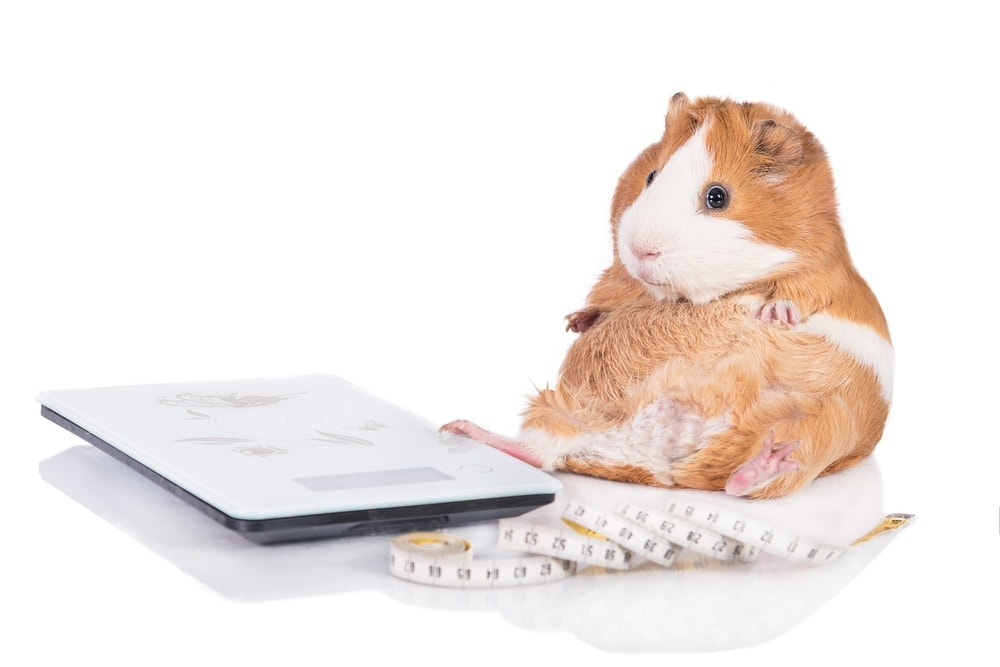
Why Butternut Squash is Not Good For a Guinea Pig
Although butternut squash has a lot of nutrients, minerals, and vitamins the guinea pig needs, there are some reasons why it is not good for them. If they eat too much, there can be some side effects. One of the main ones is urinary issues.
Butternut squash has both calcium and phosphorous and they bind together to make healthy bones. In guinea pigs, when these two binds, it is the number one reason for urinary problems in guinea pigs. The excessive calcium gets stuck in the urinary tract, creating stones in the kidneys or bladder. This makes for painful urinating. If not treated, then it could lead to renal failure and possible death.
Butternut squash contains oxalic acid, which can damage their sensitive stomach if they eat too much.
Conclusions
- Guinea pigs like butternut squash better than acorn squash because it is softer and tastier.
- Butternut squash has no bad cholesterol or fats that can damage a guinea pig’s cardiovascular system
- The butternut squash has to be raw and never frozen or cooked for a guinea pig to eat. Any cooked food can hurt their sensitive stomachs and they cannot digest cooked butternut squash properly.
- Due to the high water count of butternut squash, too much can give them diarrhea.
- If giving it to them for the first time, observe your guinea pig to see if they are eating it because some do not like it.
- Butternut squash is considered a winter squash so they have more calcium and less vitamin C than the summer squash. This means they are more likely to have urinary issues. To help alleviate this problem, switch to summer squash. Summer squash includes yellow squash and zucchini.
